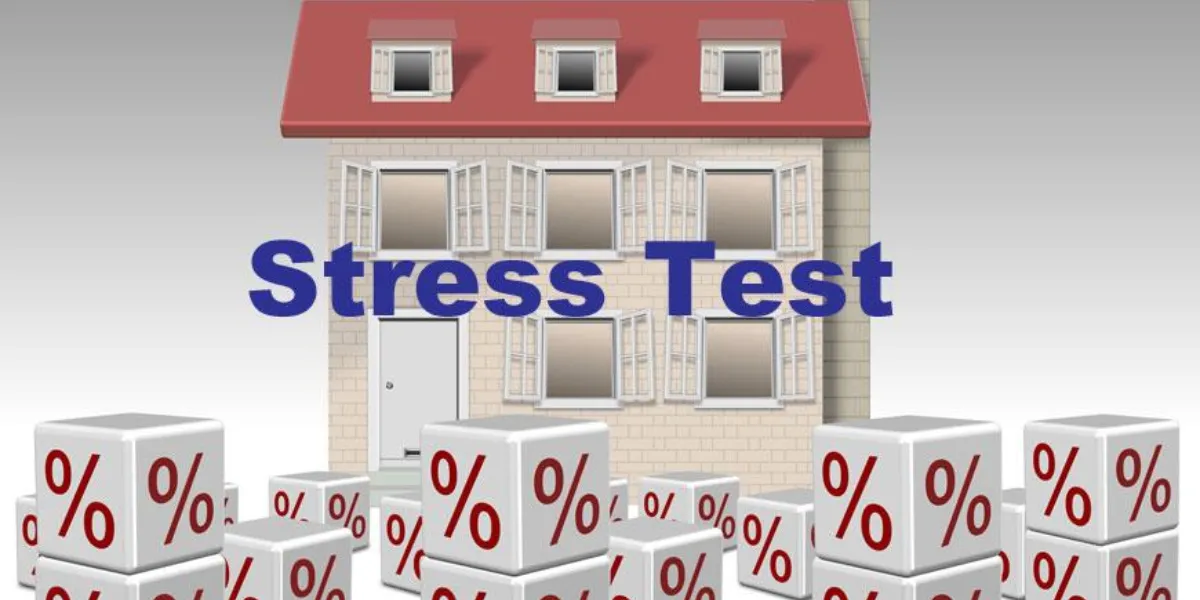Mortgage Stress Test: Everything You Need To Know About It Buying a home is a significant milestone for many individuals and families. However, obtaining a mortgage can be a daunting process, especially with the introduction of the Mortgage Stress Test. In this article, we’ll delve into what the stress test entails, why it was implemented, its impact on borrowers, and how to navigate through it successfully.
What is a Mortgage Stress Test?
The Mortgage Stress Test is a financial assessment implemented by regulatory authorities to ensure that borrowers can afford their mortgage payments even if interest rates rise or their financial situation changes. It involves calculating whether a borrower can still make their mortgage payments under higher interest rates than the one they’re offered.
Why Were Stress Tests Introduced?

Stress tests were introduced to mitigate the risks associated with mortgage lending, particularly in situations where borrowers might struggle to repay their loans if interest rates increase. By assessing borrowers’ ability to withstand financial stress, regulators aim to prevent defaults and stabilize the housing market.
How Does the Mortgage Stress Test Work?
During the stress test, lenders evaluate a borrower’s ability to afford a mortgage based on a higher interest rate than the one they’re currently offered. Typically, this involves applying the Bank of Canada’s five-year benchmark rate or adding a predetermined percentage to the borrower’s actual mortgage rate.
Who Needs to Undergo a Mortgage Stress Test?

In Canada, the Mortgage Stress Test is mandatory for all insured mortgages, where the down payment is less than 20% of the property’s purchase price. However, even borrowers with larger down payments may undergo stress testing at the discretion of the lender.
Impact of the Stress Test on Borrowers
While the stress test aims to protect borrowers from taking on more debt than they can handle, it has also made it more challenging for some individuals to qualify for mortgages. Borrowers may find themselves eligible for smaller loan amounts than they anticipated, potentially affecting their ability to purchase their desired property.
Benefits of the Mortgage Stress Test

Despite its challenges, the Mortgage Stress Test offers several benefits. It helps borrowers avoid overleveraging themselves, reduces the risk of default, and promotes financial stability in the housing market. Additionally, it encourages responsible lending practices among financial institutions.
Downsides of the Mortgage Stress Test
One of the main criticisms of the Mortgage Stress Test is that it disproportionately affects first-time homebuyers and those with lower incomes. Some argue that the test may hinder homeownership aspirations for these groups, making it harder for them to enter the housing market.
How to Prepare for a Mortgage Stress Test

To increase your chances of passing the Mortgage Stress Test, it’s essential to assess your financial situation thoroughly. This includes evaluating your income, expenses, and debt levels. Additionally, paying down existing debts and improving your credit score can strengthen your financial position.
Tips for Passing the Mortgage Stress Test

When applying for a mortgage, consider opting for a shorter loan term or making a larger down payment to reduce your debt-to-income ratio. Additionally, maintaining stable employment and income streams can enhance your credibility as a borrower.
Exceptions to the Mortgage Stress Test
While the Mortgage Stress Test applies to most borrowers, certain exemptions exist. For example, borrowers renewing their existing mortgages with the same lender or transferring their mortgage to a different property may not need to undergo stress testing.
Alternatives to Traditional Mortgages

For borrowers who may not qualify for a traditional mortgage due to the stress test or other factors, alternative financing options exist. These include private lenders, credit unions, and government-backed programs designed to assist specific demographics, such as first-time homebuyers.
Navigating the Mortgage Stress Test
In the Mortgage Stress Test is a crucial component of the mortgage application process in Canada. While it may present challenges for some borrowers, it ultimately promotes responsible lending practices and helps maintain stability in the housing market. By understanding the requirements of the stress test and preparing accordingly, borrowers can improve their chances of securing a mortgage that aligns with their financial goals and capabilities.
Click here for more visited Posts!




